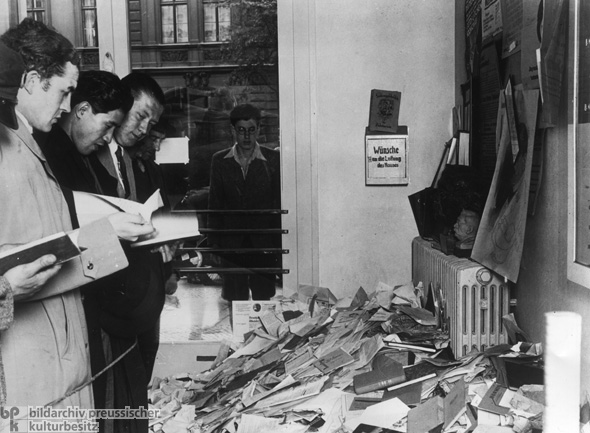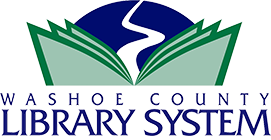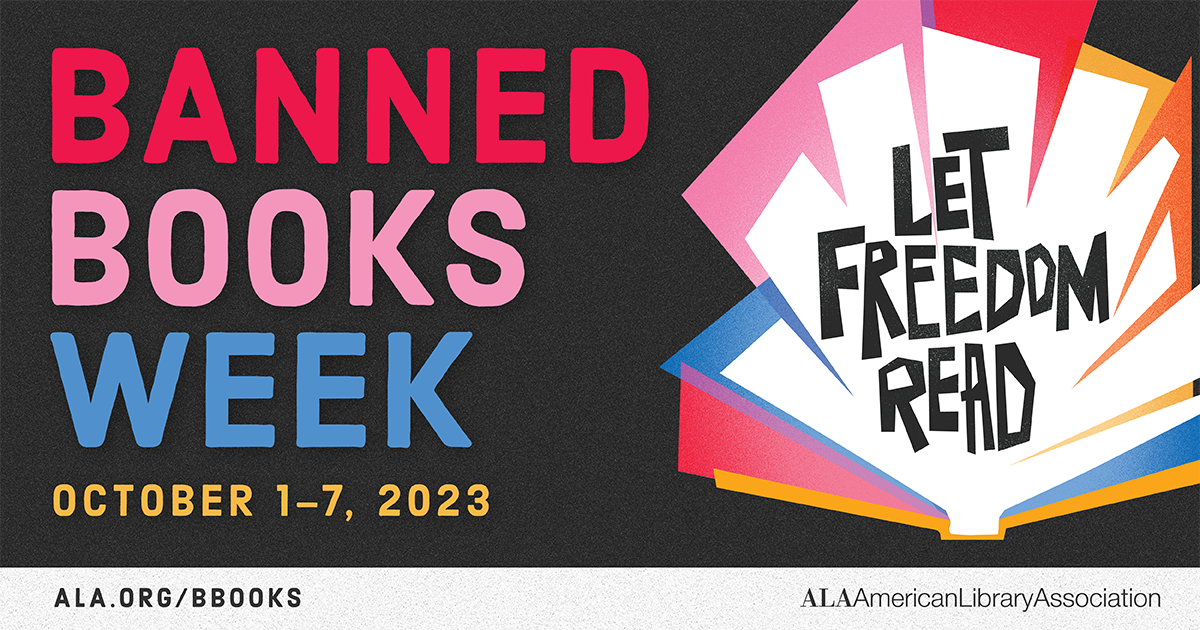How the Nazis Banned Books
On May 10, 1933, Nazi university students organized book burnings across Germany. You might think that the rabidly antisemitic Nazis only burned books by Jewish authors, but far more literature was targeted. The flames also engulfed books about socialism and Marxism, texts that supported democracy, works that insulted military honor, and any literature that was seen as immoral, indecent, or was opposed by patriotic Germans.
In 1933, Americans were appalled. American journalists universally condemned the book burnings, and the American Jewish Congress mobilized more than 100,000 people to protest in New York City. In fact, the deaf activist Helen Keller, whose works were burned in Berlin, wrote an open letter to the German students: “History has taught you nothing if you think you can kill ideas. Tyrants have tried to do that often before, and the ideas have risen up in their might and destroyed them. You can burn my books and the books of the best minds in Europe, but the ideas in them have seeped through a million channels, and will continue to quicken other minds.”
Today when there are public discussions about removing books from American school classrooms or public libraries, often a reference is made to Nazi Germany and these infamous book burnings. Just recently this happened in a US Senate Judiciary Committee hearing and at a Washoe County Library Board of Trustees meeting. If references to Nazis burning and banning books are being thrown around, as a historian, I think we need to get our facts right.
Many Americans think the Nazis burned all the books they disliked and prevented anyone from reading them. This is wrong. When Nazis seized libraries full of Marxist books, from Jewish organizations, or from left-wing presses, the first thing that happened was that expert librarians were called in to comb through the stolen books. Nazi librarians actually wanted massive collections of Judaica, about German democracy, on Communism, and about sexuality and gender, but they wanted them closed off from the general public. Only trusted adults should have access to these supposedly dangerous books. As a 1935 Nazi order stated, the goal was “to keep German cultural life pure from all harmful and undesirable literature [and this] will particularly protect the youth from corrupting influences.”
If you look carefully at the photographs we have of the Nazi confiscation of the library of the famous Institute for Sexual Science, people are actually reading books [see photo 1] in order to set aside anything that could be saved for other Nazi libraries [see photo 2]. The items carted off to be burned were mass-produced magazines, newsletters, and informational handouts [see photo 3]. Even the Nazis throwing these books into the flames are holding stacks of skinny periodicals and not massive tomes [see photo 4]. The ultimate proof that large numbers of the books the Nazis hated were not burned is that these books still exist. Books with stamps proving they were originally in libraries the Nazis looted are found in German collections to this very day.
Photo 1: German students and Nazi SA plunder the library of Dr. Magnus Hirschfeld, Director of the Institute for Sexual Research in Berlin.

Photo 2: Students at the Berlin School of Physical Education raid the Institute for Sexual Research in Berlin and plunder its library.
Photo 3: Germans crowd around a truck filled with "un-German" books, confiscated from the library of the Institute for Sexual Science.

Photo 4: Students participating in the burning of 'un-German' literature.
In 1933, Nazi university students burned literature in a noxious public performance. However, the Nazi government then implemented book bans that continued the project of those book burners. Books were moved off the open shelves in German libraries and into closed Nazi research institutes where they were only available to scholars and trusted adults.
What does this tell us? Nazi book banning was not so much about burning all the copies of books but about taking them from some libraries and restricting access to books that were seen as dangerous. Workers’ and Jewish libraries were closed, but the books were not destroyed. Instead, Nazis stole them and put them in places like closed university research libraries. Texts on sexuality were locked away in restricted sections in Nazi libraries, and books on democracy were moved out of the reach of the general public. Even during World War II, when Berlin’s Jews were being deported to the east to be murdered, what did the Nazis do with their books? Expert librarians moved in and confiscated the books of their doomed Jewish neighbors. The Nazis murdered Jews but often preserved the books they looted from the Jewish community.
Today, if someone assures you that all they want to do is move library books out of general circulation and make them available only to adults to “protect the youth,” while swearing that this is not like Nazi Germany, be wary. Historically speaking, this looks awfully similar to how the Nazis really banned most books. Nazis moved them into special collections to keep them out of the hands of ordinary people.
In the 1930s and 1940s, Americans were appalled by Nazi book burning and book banning. Since “books are weapons in the war of ideas,” [see photo 5] our forebears boasted that free Americans could read anything they wanted [see photo 6]. Let us remain true to that noble American tradition rather than try our hands at Nazi-style book banning.

Photo 5: Poster of Nazis burning books with quotation by Franklin D. Roosevelt.

Photo 6: World War II era poster showing Nazis burning books.
James McSpadden, PhD, is an assistant professor of history at the University of Nevada, Reno. His research explores Nazi practices of book looting and the role of American librarians in bringing and distributing confiscated books from occupied Europe to the United States after the Second World War.

